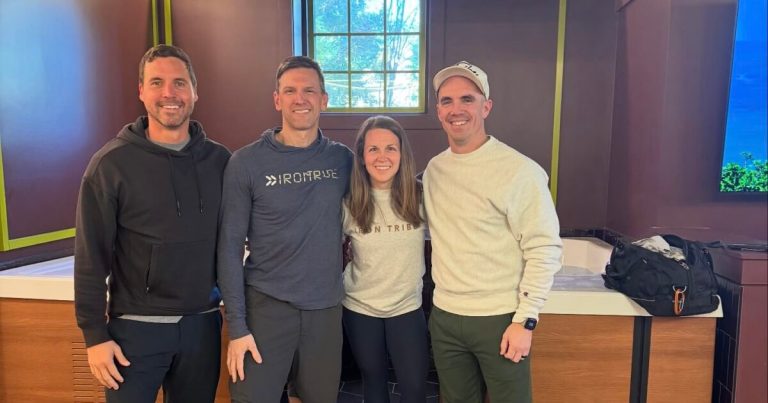Alabama teen Ashley Taylor raising awareness for diabetes through pageants
Reading time: 5 minutes
Partnered Content

For National Diabetes Month, we spoke with Ashley Taylor about her journey with diabetes and how she’s raising awareness through local and state pageants.
You can show your support for young people with diabetes in Birmingham by purchasing Children’s of Alabama’s “Hope for Kids with Diabetes” car tag. Learn more below.
What is Diabetes?
Diabetes is a group of diseases in which patients have high blood sugar due to the body not using insulin properly. Insulin is a hormone that converts sugars and starches into energy for our bodies to use. There are three types of diabetes:
- Type 1 is typically diagnosed in childhood. It results from the pancreas not producing enough insulin, and is thought to be caused by autoimmune, genetic and environmental factors.
- Type 2 occurs when the body either doesn’t produce enough insulin or doesn’t respond properly to insulin. It starts as insulin resistance, and this type of diabetes is becoming more common in children and adolescents due to the increasing obesity rate. Most diabetes cases in the U.S. (90 to 95 percent) are Type 2.
- Gestational diabetes occurs when the body can’t make enough insulin during pregnancy.
The Diagnosis
Diabetes is diagnosed with a blood test. Ashley Taylor, a teenager now, was eight years old when she was diagnosed with Type 1 ten years ago.
“I had been showing no symptoms. I was going for a regular checkup, and they found sugar in my urine.”

Ashley said the diagnosis was frightening at first. “As an eight-year-old, I was scared and didn’t know what was going on. I’d never heard of it. I thought it would hold me back and stop me from doing what I love.”
The Symptoms
According to Children’s of Alabama, the following symptoms of diabetes are typical. However, some people with Type 2 diabetes have mild symptoms that often go unnoticed. If your child has any of these symptoms, talk to your pediatrician right away.
- Urinating often
- Feeling very thirsty
- Feeling very hungry—even though you are eating
- Extreme fatigue
- Blurry vision
- Cuts/bruises that are slow to heal
- Weight loss—even though you are eating more (Type 1)
- Tingling, pain, or numbness in the hands/feet (Type 2)
Ashley’s symptoms include getting shaky if her blood sugar gets low, so she always brings snacks with her and wears a continuous glucose monitor to check her blood sugar and make sure it’s not getting too low.
Treatment
“Treatment is different for different people. Many people use continuous glucose monitors, and some use a finger prick. Some use an insulin pump; others use an insulin pen. People think treatment is just finger pricks and injections, but there are more options. It really is about that specific person.”
Ashley Taylor
Raising Awareness
Ashley has been involved with Alabama pageants for several years. She was a Miss Outstanding Teen for two years and has also participated in Miss Alabama. She’s used pageants as a platform to raise awareness for the disease.

“Don’t sugar coat diabetes is my platform,” she said. “I wear my glucose monitor on stage. I participate in fundraisers and try to show what diabetes truly is and that it won’t stop anyone from achieving their dreams or goals.”

Ashley has enjoyed educating children about diabetes. “They see someone in a crown–they don’t see the disease,” she said. “It’s the perfect way to share it with them.”
Challenging Misconceptions
In addition to Ashley’s work in awareness and education about the disease, she’s also challenging misconceptions people may have about diabetes. “Many people see diabetes as a list of things you can’t do or can’t eat,” she said. “They think you ate too much sugar growing up or didn’t exercise enough, but that’s not the case. There are different types of the disease.”
Her biggest lesson through it all? “One thing I’ve learned is that I can let it control me, or I can control it,” she said. “I don’t have to sit it back and worry about something I can control.”
Ashley encourages those who have been diagnosed to not be discouraged. Not only is she saying the diagnosis won’t hold you back, but she’s showing it, too.
Bring Awareness to Diabetes with a Car Tag

Why should you purchase a car tag? In addition to raising awareness, the tag also funds research, physician training and pediatric patient care at Children’s of Alabama. “That money can make all the difference for someone with diabetes,” said Ashley.
The Diabetes Center at Children’s is one of the largest in the country and sees approximately 2,600 patients each year.
When you renew your car tag this year, give kids with diabetes hope by asking to purchase a “Hope for Kids with Diabetes” tag at the DMV.



 11447 views
11447 views
